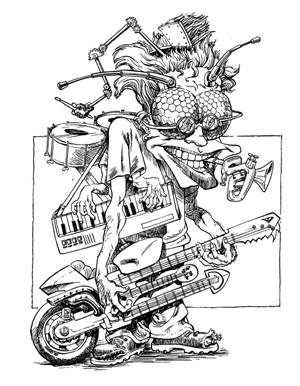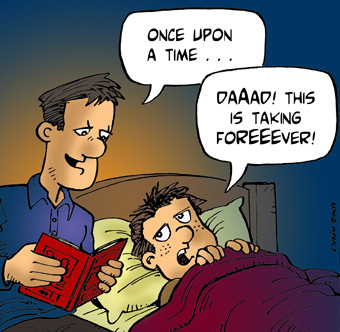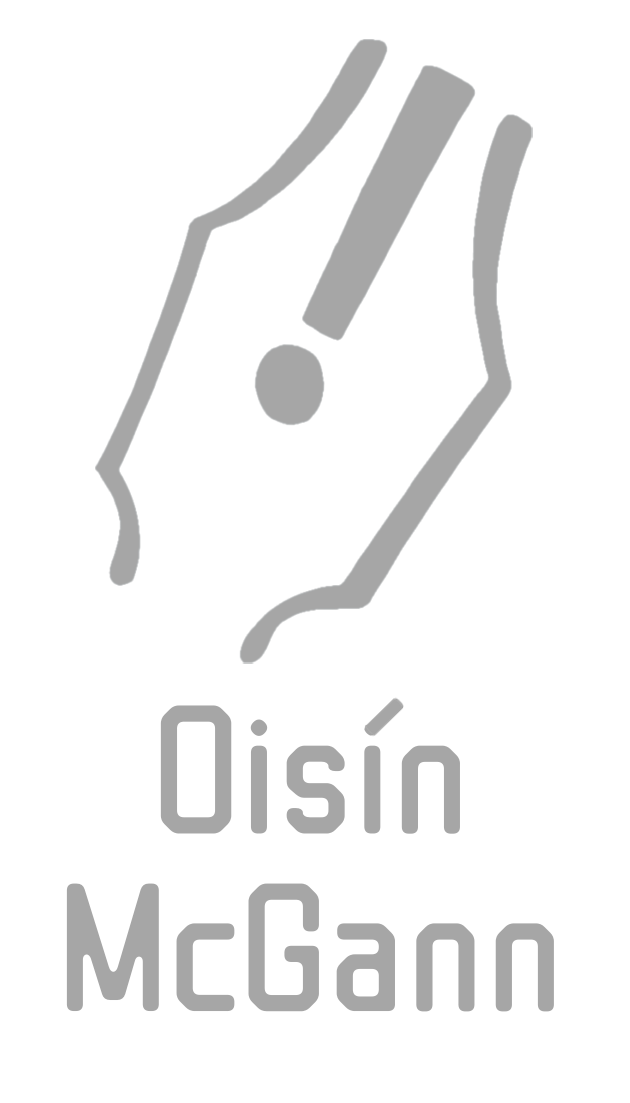Every time a new round of Arts Council bursaries is announced in Ireland, we see a rake of people online talking about the difficulty of applying or, later, expressing their disappointment at not getting the funding after that tense wait. I’ve been applying for these things for years, I’ve read and listened a lot, I’ve been rejected and I’ve had a few successes. And I’ve talked to others who have too, so I thought I’d write this piece to try and demystify the process, and to encourage people to engage with it.
While I’m an illustrator too, I’ve always applied as a writer, and my points are specific to the Literature Bursaries, though most of these points will still apply to other types. The awards have been split recently, so that you should apply for a Literature Bursary, with an upper limit of €20,000, if you’re a mid-career or established author, or an Agility Award of up to €5,000 for someone at any stage of their careers. I’ll break the process down into different areas, based on the most common objections to them.
It’s Not Worth the Effort. I’ll Never Get the Funding.

Oh, please. If you’ve tried to get a book published for the first time, you’ve put months, even years of work into something for which you’ve no idea how much you’ll get paid, or you may never get paid at all. This is filling out a form, and the odds are far, far better. Let’s say you try and fail four times, and only succeed on the fifth application. Let’s say you have to put half a day into applying each time – only it won’t take that long once you’ve got the hang of it. If you only succeed once in five attempts, that’s still anywhere from €5,000 to €20,000 for two and a half days’ work. How many times would you pitch a book before giving up? Because that’s more than you’re likely to get for a book advance in Ireland, or possibly even the UK. You’re not even expected to prove that you’ll finish the project. Where else will you get that kind of support? No, you may not get it . . . but you definitely won’t if you don’t apply.
I’m Not the Type They’re Looking For.
Are you a serious about making art? Then you are their ‘type’. The funding is there to support artists. They have to give it to artists. They want to give it to artists; it’s the Arts Council’s reason for existence. They want to give money to artists. But they can only give grants to people who apply, and all too often, people don’t apply because they’re put off too easily by the application process. Even if you’re rejected this time around, it doesn’t mean you’re not their type. They don’t have a type. Apply again.
The Form is Too Complicated

It really isn’t, once you get your head around it. Most of the answers they need are straightforward, it’s just that a few are hard to define, because it can be tricky to fit creative work into a short description in a neat box. That’s the bit that takes some effort, but you’ve been explaining your work to various people for years, so you’ve had practise. The Arts Council have to justify to the government what they’re doing with that money, so help them. Don’t leave applying to the last minute, when the deadline’s looming. Read the guidelines. I know they’re long, but that’s because they’re giving you as much information as they can. You’re doing it for the chance of getting thousands of euros. There are often seminars or information sessions held in the run up to the deadlines. Find one, and attend it. They will often take questions. Read the guidelines and go through the form ahead of time and have your questions ready to ask. If you’re really stuck, you can ring the Arts Council offices or email them. There are people there who can help.
There’s a lot of space for financial details, but – and this is the thing people really need to take on board – your need for income as an artist does not need to be justified. If all you’re looking for is enough money to support yourself for six months, that’s all you have to say. They don’t need an itemised list of expenses. It can be more complicated if you’re working with other people, or if you need to include other costs, but those are complications that you need to work out for your project anyway. The Arts Council exists to support artists. You don’t have to convince them that you need to eat or pay bills. They know that.
I Don’t Know What to Include as Supporting Material.
My CV is pretty varied, to say the least; made up of lots of one-off projects, and with forty-five books published, my bibliography is pretty long at this point. Together, they won’t fit on the three pages you’re limited to, so I send the CV and bibliography in two separate documents. So, in total, I send:
- A CV, focussed on my publishing career
- A bibliography
- A sample of my work in progress.
- A synopsis of that work.
- And two or three writing samples of work that I think fit in with the project I’m applying for, none of them more than a few pages long.
That’s it. I have done this every time. Sometimes, the work samples I’ve sent (not the work in progress) were ones that I’d sent before in other applications. They don’t care.
I’m an Illustrator. What’s Different for Me?
Illustration for publishing is included in the Literature Bursary, so you’re as entitled to apply for a picture book as you are for a novel. If you’re an illustrator, you need to include some samples of your work, just as a writer would for their writing. You’re an illustrator, so you’ve been doing this for your whole working life.
My Application Form Won’t Upload. What’s Going On?

This is another reason not to leave things to the last minute. There’s a weird bug in the formatting of the application form, and it’s really annoying for anyone who doesn’t use MS Word. This doesn’t happen with any of the other stuff you upload – for those, normal files will work fine – but that application form has to be filled out in MS Word, not any other programme. I work in LibreOffice, but even if I save the form as a Word document, the site won’t accept it when I try to upload it. Even if I fill it in in another programme, and save it afterwards in Word, it won’t matter, it’s contaminated somehow. The guidelines say that certain older versions of OpenOffice can be used, but that means downloading obsolete software, and I’ve never got it to work anyway. If you don’t have Word on your computer, borrow someone else’s just to fill out the form. Don’t let that form near another programme, it does not play well with others. It’s a pain, and I’ve been told there are plans to overhaul the website which will fix this, but for the moment, it is what it is. Remember, you are applying for thousands of euros. It’s worth the hassle.
The People Making the Final Decisions May Not Be Qualified to Judge My Art.
The staff in the Arts Council go through every application to ensure that you’ve provided everything required. If there’s stuff missing, if it’s late, if you’ve applied for an inappropriate amount or you’ve applied for the wrong kind of bursary, they’ll reject it at this point. But they’re just checking that you’ve ticked all your boxes. They make no judgement on the quality of the work, and they don’t decide who gets the funding. That decision is made by a peer panel, made up of experienced artists from a range of different backgrounds, most or all of whom will have gone through this process themselves at some point. That panel is a different mix every time.
What Are Their Priorities?
One of the main aims of the bursaries is to help maintain a professional class of artists, and to help those artists develop. It’s a recognition of how much the arts contribute to the nation’s culture. All too often, people drop out of this business because they cannot maintain a career, and each time that happens, our culture loses those collected years of creativity, expertise and experience. So for the Literature Bursary at least, they will look at the artist’s background, their career, and then the creativity and ambition of the proposed project and their ability to make it happen. The Agility Award is more open for people who are still at the early stages of their career. The panel will also look for opportunities to promote and increase diversity and access in the arts in Ireland.
I think that covers the essentials. The Arts Council has been supporting professional artists for decades, and many of us would have been in a much worse place without that support. The application process can be intimidating, but anyone who works in the arts knows the difficulty of turning the ethereal nature of creativity into something that can justify asking people for money. This is just another form of that. If you’re a professional artist and you need support for a project, that’s what the Arts Council is there for, but you have to apply. The money’s there and it has to go to someone. If you don’t ask, you don’t get.
Best of luck with it.
